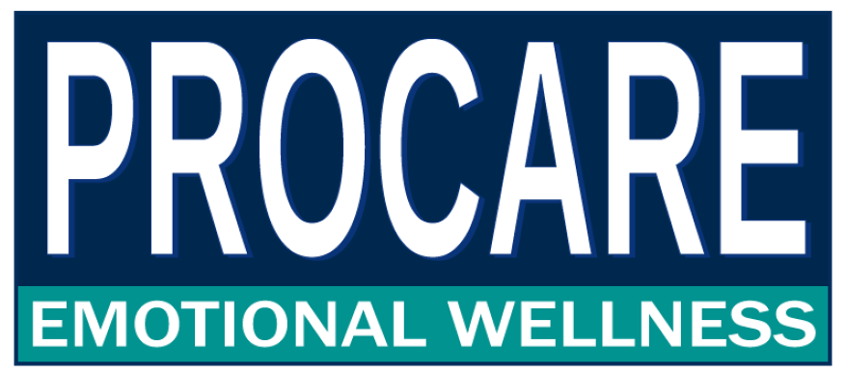Breaking Addictive Cycles and Building Healthy Habits
Addiction is a powerful force that affects individuals, families, and communities across South Africa. Whether it is substance abuse, gambling, or digital addiction, breaking free from harmful cycles is a challenge that requires personal commitment and strong support systems. In a country where unemployment, trauma, and social pressures often exacerbate addiction, empowering youth with healthy coping mechanisms is essential.
Understanding Addiction in the South African Context
South Africa faces a significant substance abuse crisis. The country has some of the highest rates of alcohol consumption in Africa, and drug use is widespread, particularly in urban and underprivileged areas. Tik (crystal meth), heroin, and nyaope have devastated communities, while alcohol and cannabis use among young people is rising. Factors such as poverty, unemployment, and limited access to mental health services make it harder for individuals to escape addiction.
However, addiction is not just about substances. In the digital age, many young people struggle with excessive screen time, social media dependence, and online gaming addiction. These behaviours may seem harmless at first but can become unhealthy coping mechanisms for stress, loneliness, or trauma.
Breaking the Cycle: Steps Towards Recovery
Overcoming addiction requires a combination of personal resilience, professional support, and community involvement. Here is how individuals can start breaking the cycle.
1. Acknowledge the Problem
The first step towards change is recognising that a habit has become harmful. Many people deny the severity of their addiction, but self-awareness is crucial for transformation. Seeking professional counselling or speaking to a trusted person can help bring clarity.
2. Address the Root Causes
Addiction often stems from deeper issues such as stress, unresolved trauma, or a lack of purpose. South Africa’s history of inequality and violence has left many struggling with generational trauma. Addressing these root causes through therapy or community programmes can help break the pattern.
3. Replace Harmful Habits with Healthy Alternatives
Breaking an addictive cycle is not just about stopping a bad habit. It is about replacing it with something positive. Here are some healthier alternatives:
Instead of alcohol or drugs: Engage in physical activities like sports, running, or dance, which release endorphins and improve mental health.
Instead of excessive social media use: Develop hobbies such as reading, painting, or learning a new skill.
Instead of gambling or risky behaviours: Focus on personal development, goal-setting, or community service, which can offer a sense of achievement.
4. Build a Strong Support System
Recovery is not a journey to walk alone. Having the right support system, whether through family, friends, faith-based organisations, or professional help, makes a significant difference. South Africa has many resources available, including NGOs, rehabilitation centres, and community-based support groups like Alcoholics Anonymous (AA) and Narcotics Anonymous (NA).
5. Empower the Next Generation
Youth empowerment is key to breaking cycles of addiction. Providing young people with opportunities for education, employment, and personal growth reduces the likelihood of substance abuse and destructive behaviours. Schools, community centres, and businesses can all play a role by offering mentorship, skills training, and safe spaces for young people to thrive.
Hope for Change
Addiction is not a life sentence. With the right interventions, individuals can reclaim their lives and build a future filled with hope and purpose. At PROCARE, we are committed to supporting individuals and families through counselling, intervention programmes, and empowerment initiatives. If you or someone you know is struggling with addiction, reach out for help. Recovery is possible, and a healthier life awaits.
Sources for Further Reading
South African Medical Research Council (SAMRC). (2023). Substance Use and Abuse in South Africa: Trends and Interventions. Retrieved from www.samrc.ac.za
South African Community Epidemiology Network on Drug Use (SACENDU). (2023). Monitoring Alcohol and Drug Abuse Trends in South Africa. Retrieved from www.samrc.ac.za/research/sacendu
World Health Organization (WHO). (2022). Alcohol and Drug Use in South Africa: Country Profile. Retrieved from www.who.int
If you are looking for guidance or support, contact us at PROCARE to start the journey toward healing and transformation. Together, we can build a stronger, healthier South Africa.

